Bulgarian voters will go to the polls on April 2 in the country's fifth general election since April 2021, hoping to find a way out of the Balkan nation's two-year political crisis.
Elections have been held consecutively as political parties have failed to form a stable government , an increasingly urgent need as Bulgaria faces major issues that will determine its future in the European Union (EU) and its people are reeling from a severe cost-of-living crisis caused by soaring inflation.
The results of the most recent election, on October 2, 2022, did not give any party a majority in power. When three attempts to form a coalition government by different political parties, out of the seven parties participating in the Bulgarian Parliament , failed, Bulgarian President Rumen Radev had no choice but to schedule another early election for April 2, 2023.
Voter turnout, which has long been on a downward trend in many Western countries, is particularly low in Bulgaria, the EU's poorest country.
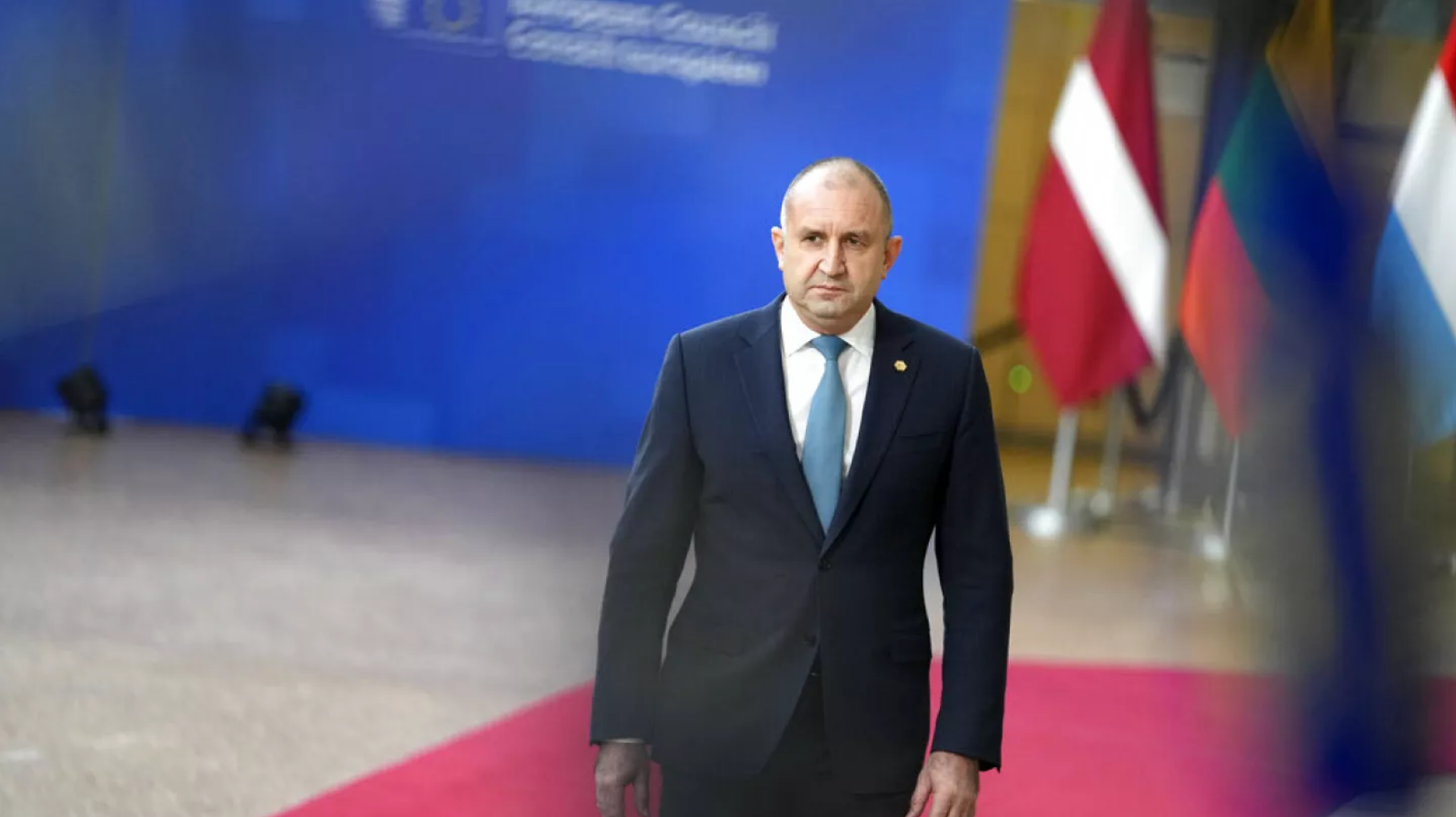
Bulgarian President Rumen Radev. Photo: Euronews
Bulgaria's current political crisis can be traced back to the April 4, 2021 elections, which saw the decline of traditional parties and blocs, including Boyko Borisov's conservative GERB Party and the Socialist Party (BSP).
This also triggered the rise of new parties, such as the ITN Party, the Democratic Bulgarian Party (DB) and the IBG-NI Party, with promises to fight rampant corruption, etc.
However, the parliament that resulted from that year's election, with a voter turnout of 49.1%, did not see the formation of a government. As a result, President Radev appointed former army general Stefan Yanev as interim prime minister and called for early elections on July 11, 2021.
In the July 2021 vote, voter turnout continued to fall to just over 40%, new parties continued to emerge but were unable to secure the number of seats needed to form a government. This led to another election on November 14, 2021.
This election saw even lower turnout (under 40%). However, after this general election, a governing coalition emerged after negotiations between the DB, ITN, BSP and the newly formed centrist We Continue the Change (PP).
However, these parties had little in common and there were serious disagreements within the government, especially on foreign policy, and for the first time in the country's history the coalition government lost a vote of confidence.
This coalition government eventually ended in June 2022, followed by more unsuccessful attempts to form a new coalition, leading to a fourth early election on October 2, 2022, which also failed to yield a clear majority for either bloc.
Bulgarian President Radev has once again called for early elections on April 2. Meanwhile, he has appointed senior politician Galab Doven as interim Prime Minister.
The latest polls show that the GERB-SBS coalition led by Borisov and the PP-DB bloc led by Kiril Petkov and Asen Vasilev will compete for the most seats possible in Bulgaria's 240-seat 49th Parliament.
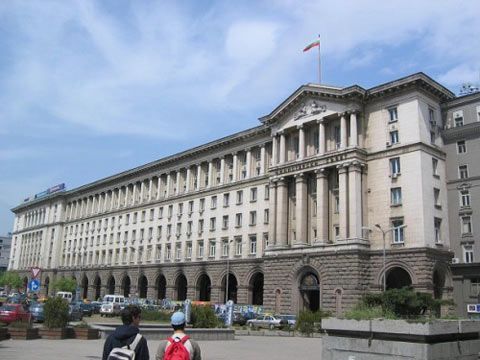
The Council of Ministers building, where the Bulgarian Government meets weekly and the Bulgarian Prime Minister works, in the capital Sofia. Photo: Sofia Guide
“Political instability could continue for another year or two,” warned Dobromir Zhivkov, head of Market Links, a consultancy based in the Bulgarian capital Sofia, which could further undermine Bulgaria’s reputation.
Sofia has had to abandon its goal of joining the Eurozone by 2024 and is still waiting for the full amount of money from the EU's post- Covid-19 recovery plan.
Bulgaria's accession to the Schengen area has been postponed again following objections from the Netherlands and Austria, which are concerned about the influx of migrants.
On top of that, the five elections have cost the Balkan country a lot of money, estimated at more than 400 million Leva (204 million Euros) – almost as much as the annual budget of the Bulgarian Ministry of Culture .
Minh Duc (According to Anadolu Agency, Yahoo!News)
Source


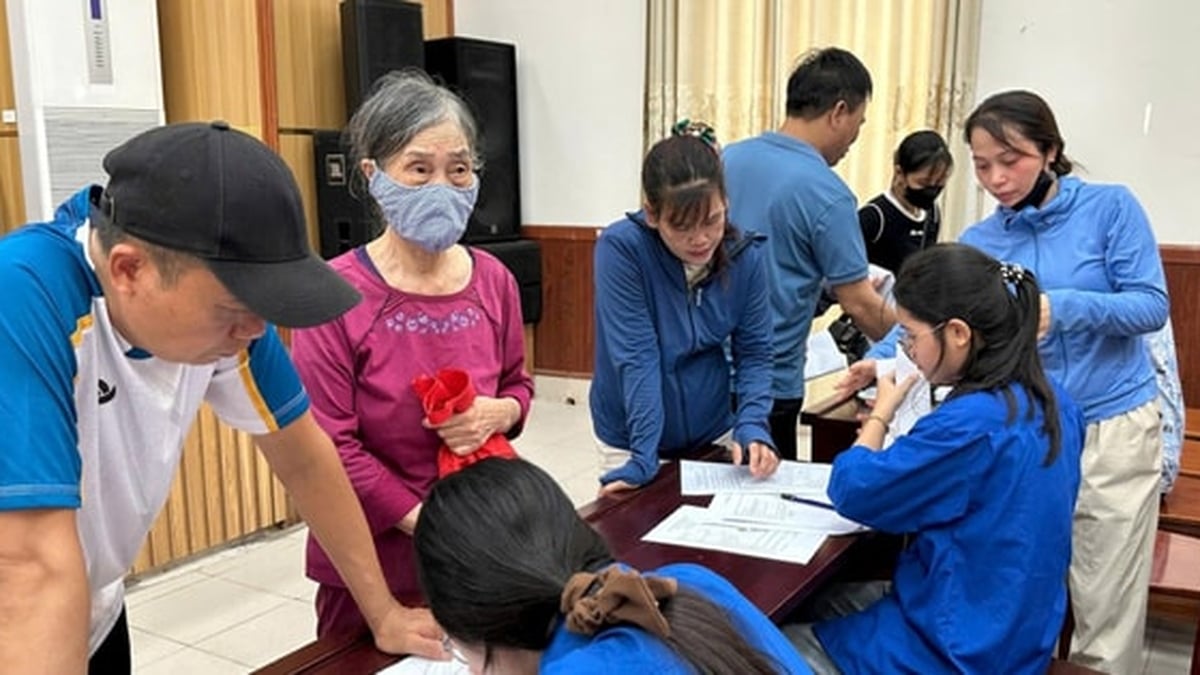
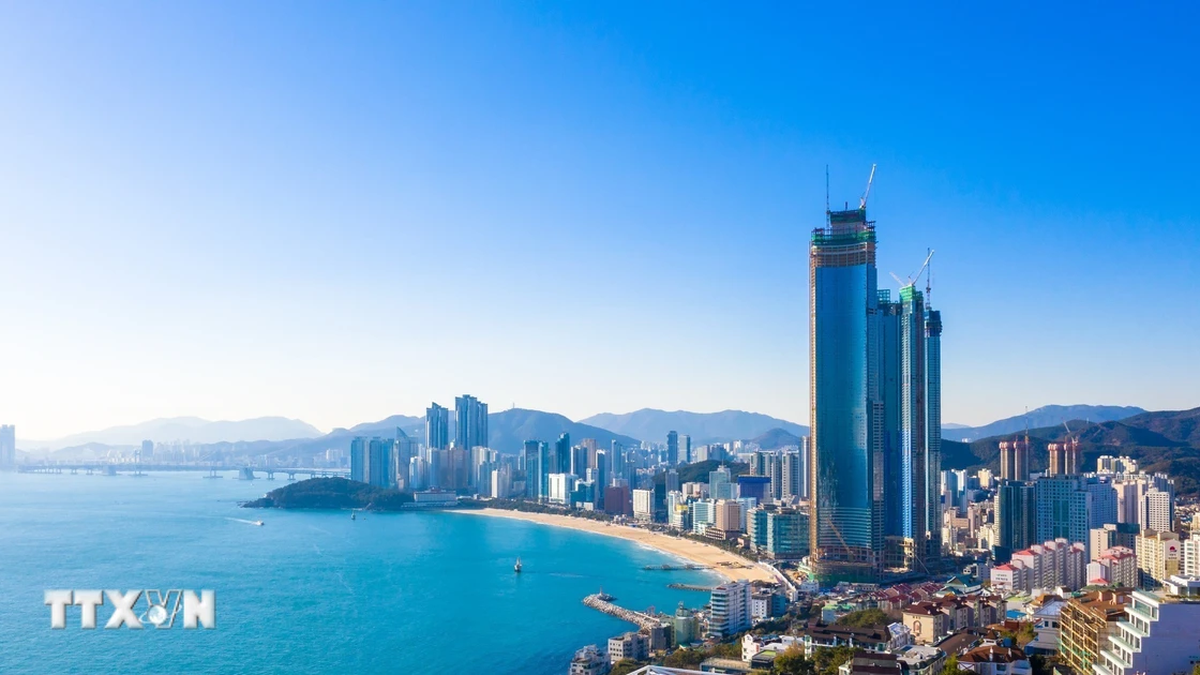

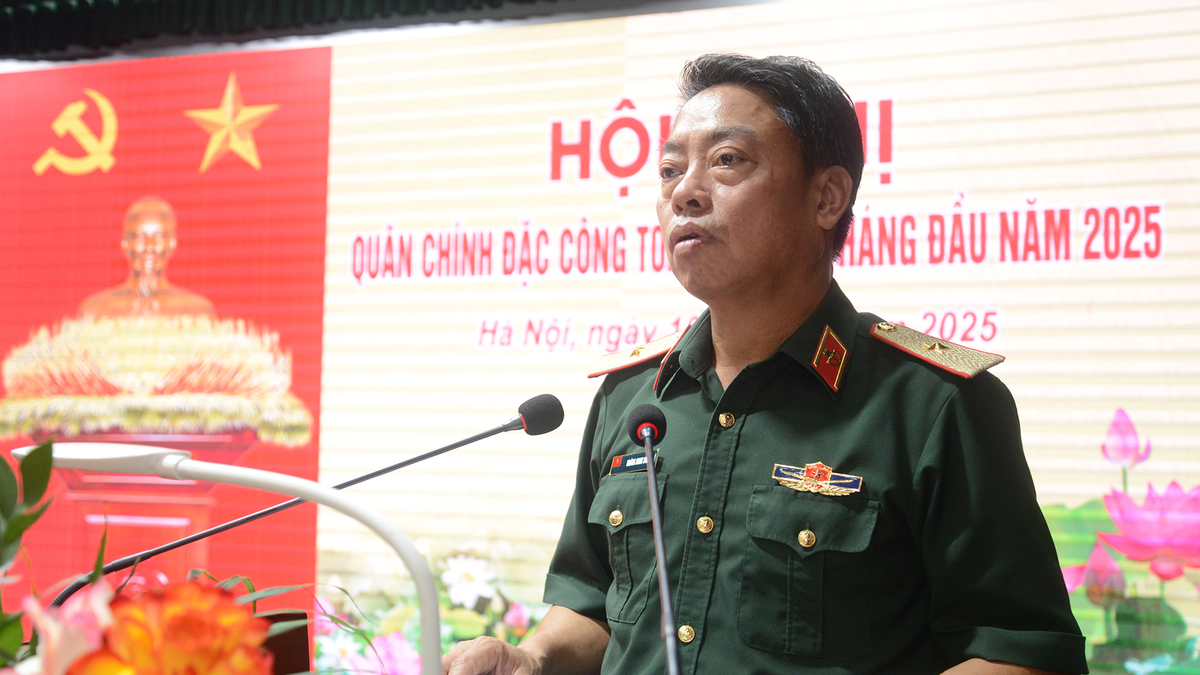
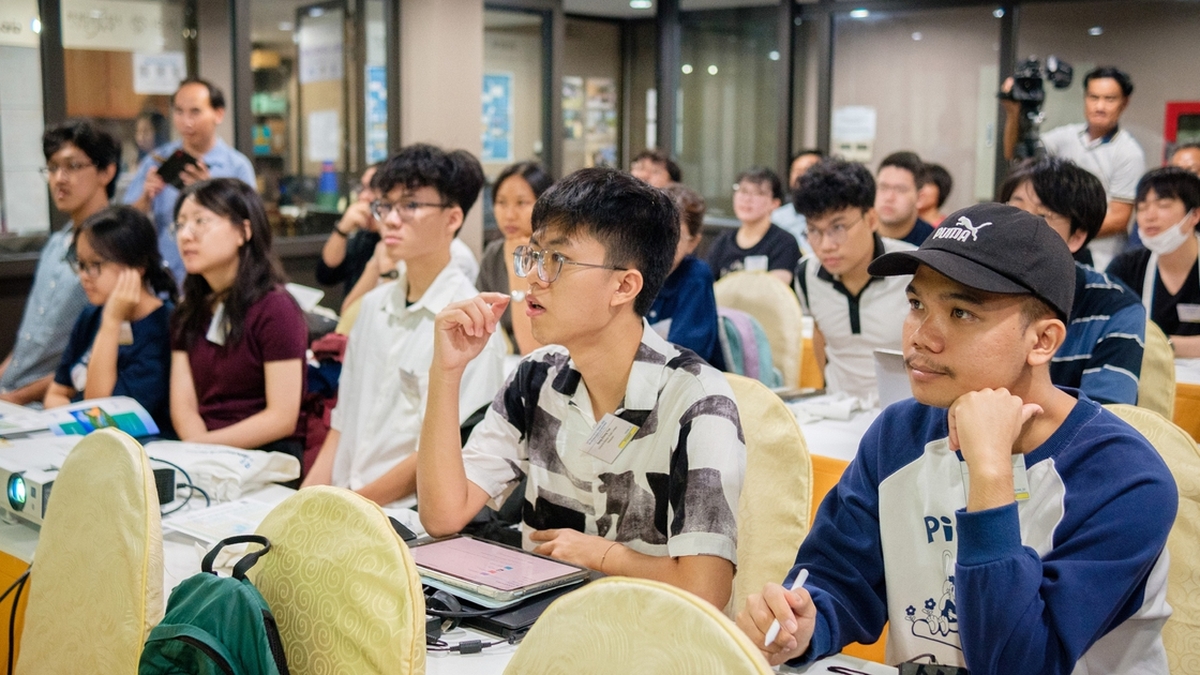

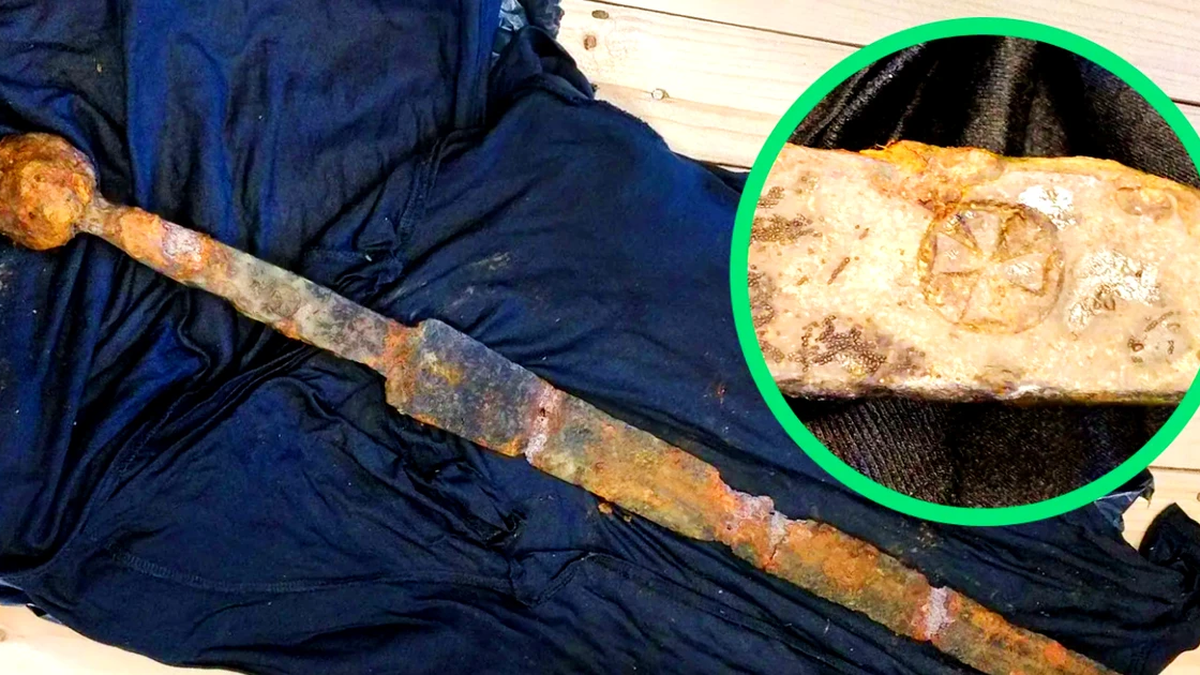

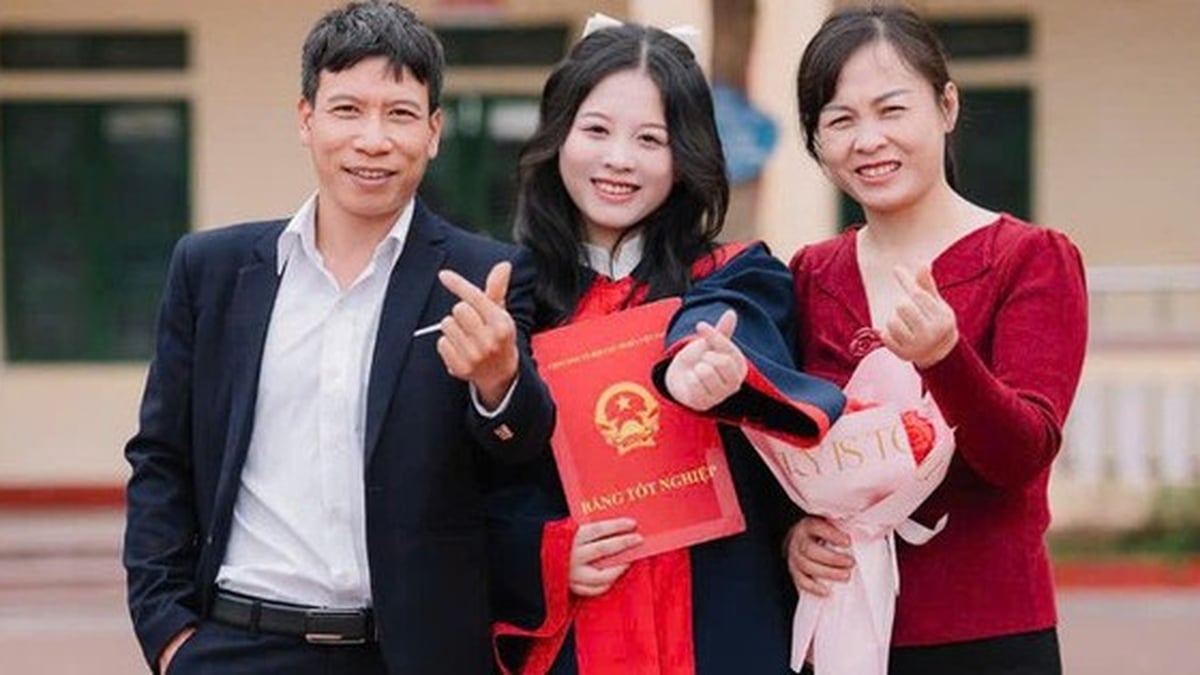
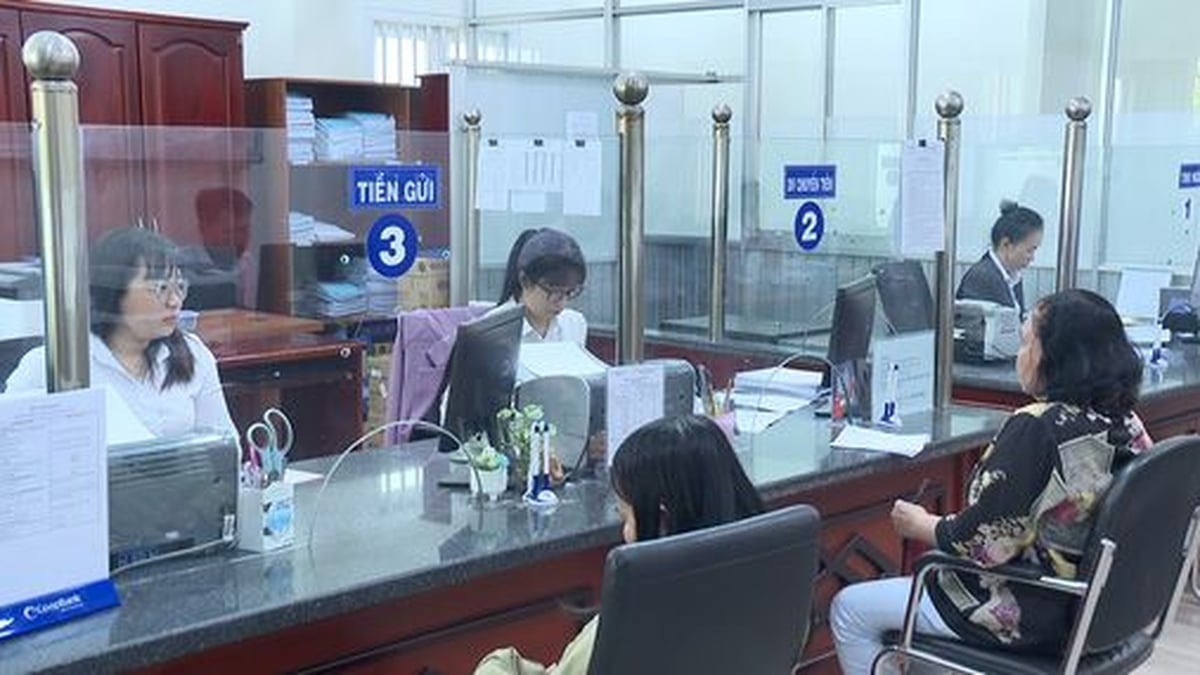

































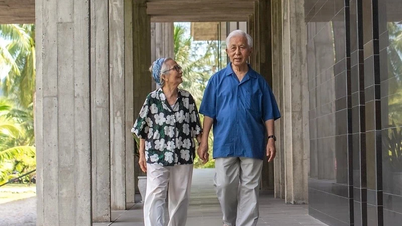

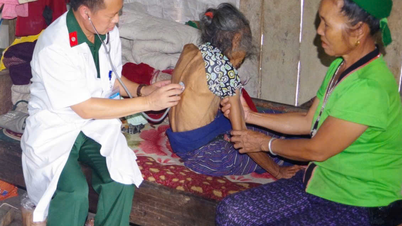
















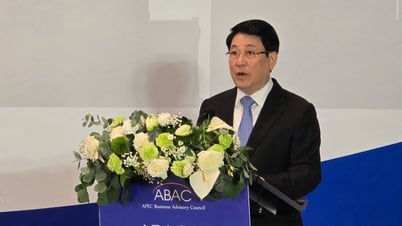



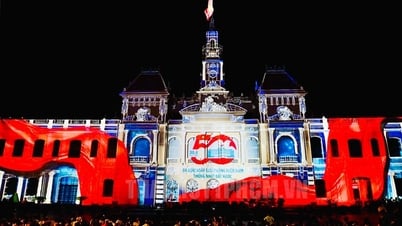
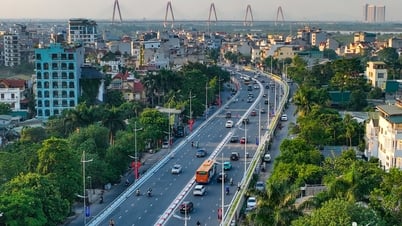
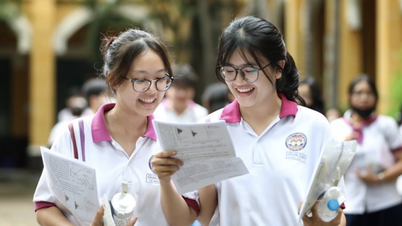




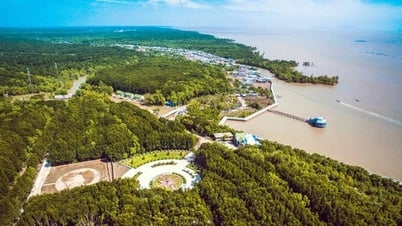























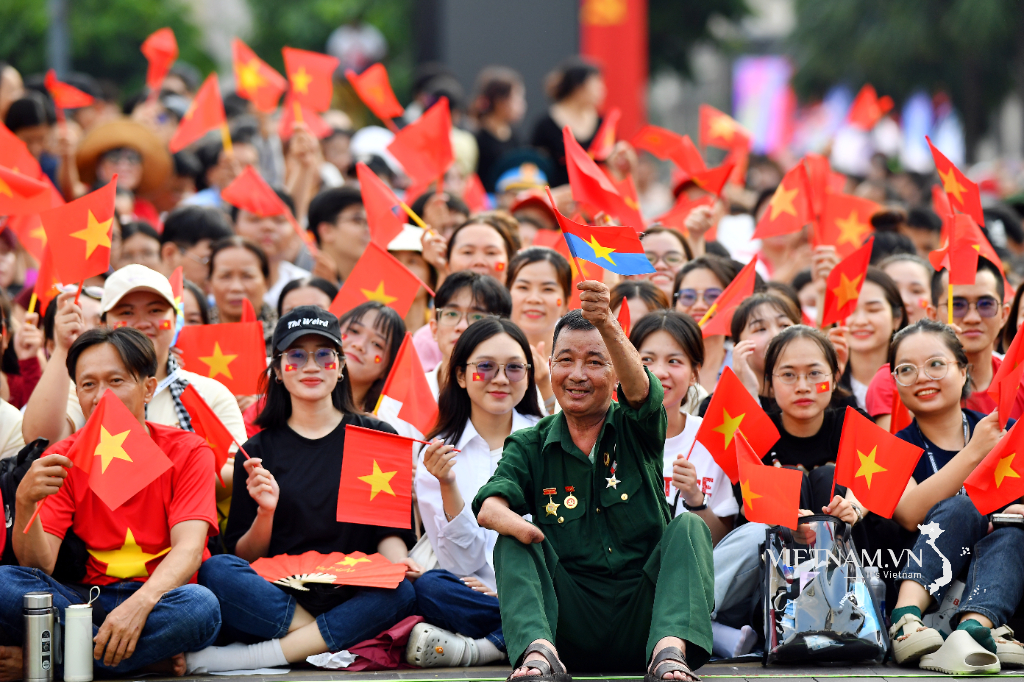


Comment (0)